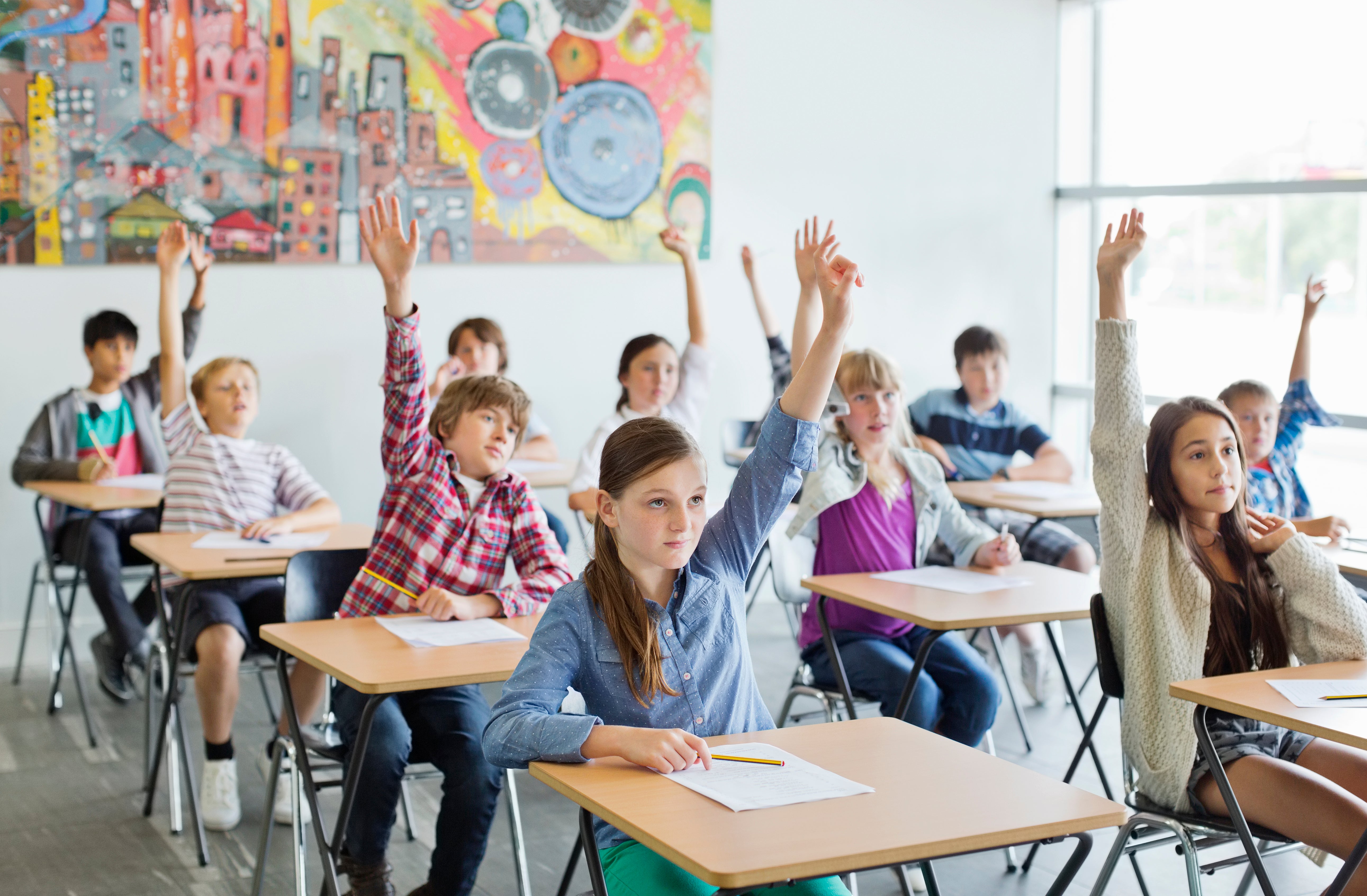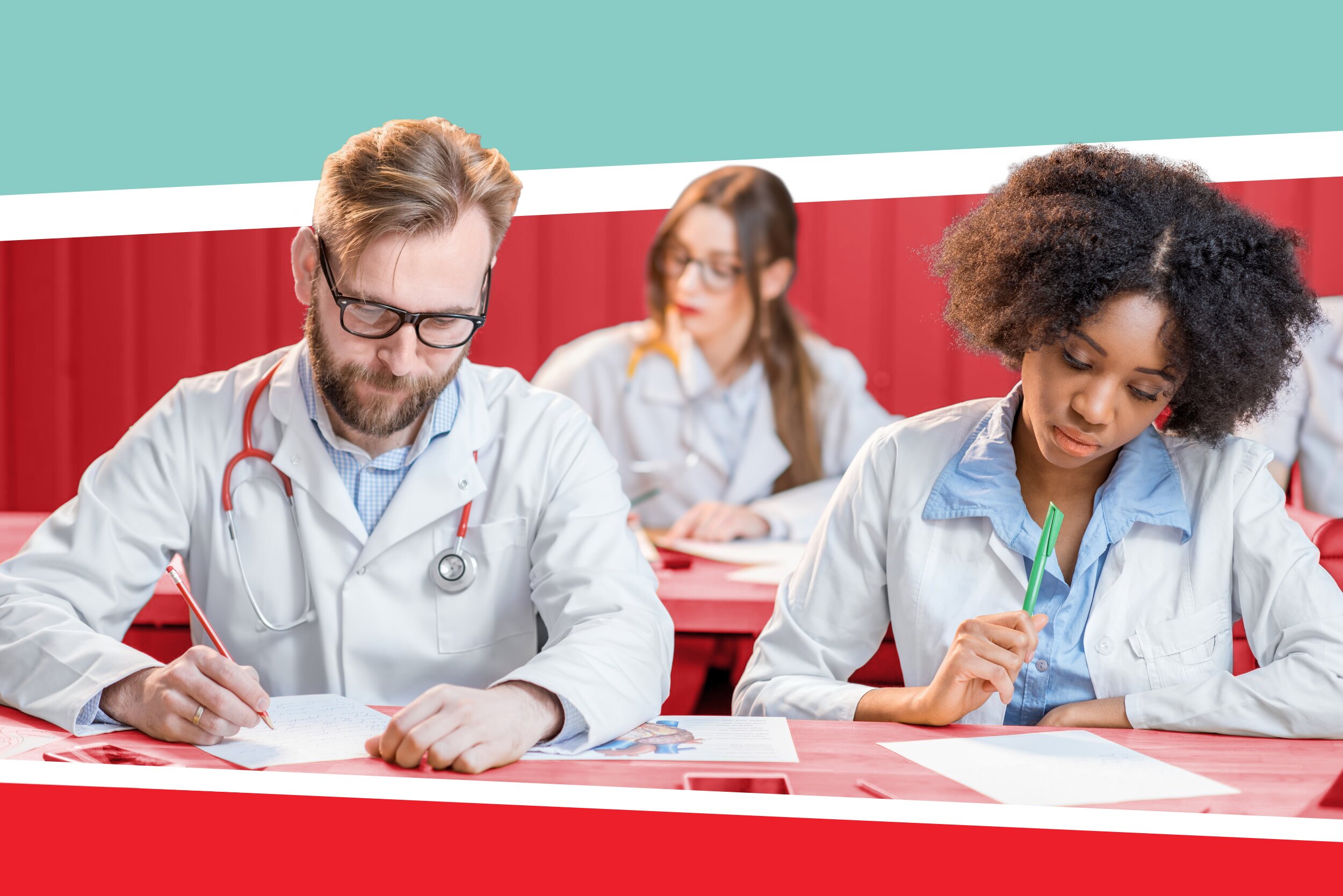Discover the Benefits of Advocacy: Save Temecula Schools
Discover the Benefits of Advocacy: Save Temecula Schools
Blog Article
How Schools Play a Crucial Role in Shaping Future Leaders and Trendsetters
By integrating project-based discovering and interdisciplinary research studies, educational institutions challenge pupils to evaluate and synthesize intricate information. Teachers serve as advisors, leading pupils and nurturing their possibility, while extracurricular tasks better establish leadership abilities and resilience.
Fostering Crucial Assuming
In today's rapidly developing globe, fostering vital believing within instructional organizations has ended up being extremely important. As culture grapples with progressively intricate global difficulties, the capacity to analyze, assess, and synthesize information is vital. Colleges play a critical function in developing these abilities, preparing students to navigate and deal with diverse issues with educated, reasoned choices.
To grow critical thinking, educators utilize different pedagogical methods that encourage active learning and intellectual engagement. Classroom discussions, problem-based learning, and Socratic questioning contribute in promoting reflective and analytical mind. By challenging students to interrogate assumptions and take into consideration numerous viewpoints, these approaches make certain a much deeper understanding of topic past memorizing memorization.
In addition, incorporating important thinking across the educational program reinforces its importance and applicability in diverse contexts. Subjects such as mathematics, scientific research, history, and literary works each offer one-of-a-kind possibilities to establish pupils' essential faculties. For example, examining historical events requires comprehending and evaluating resources context, while scientific query demands extensive theory screening and evidence-based reasoning.
Eventually, instilling critical assuming skills in students outfits them with the cognitive devices necessary for long-lasting knowing and versatility. It is through this fundamental capability that future leaders will certainly have the ability to introduce, resolve problems, and add meaningfully to culture.
Motivating Imagination
Welcoming imagination within educational frameworks galvanizes students to believe past conventional limits and check out ingenious remedies. By incorporating creative undertakings and creativity exercises right into the educational program, schools cultivate an atmosphere where originality and creative thought are valued. This strategy not just improves the academic experience however additionally equips students with the capacity to tackle real-world challenges in novel means.
Educational establishments can cultivate imagination via diverse means such as project-based learning, interdisciplinary researches, and the unification of arts and technology. Project-based knowing, for circumstances, urges pupils to apply their knowledge in practical, frequently joint, jobs that require creative analytical skills. Interdisciplinary researches enable trainees to draw links between various topics, thereby broadening their point of views and boosting their creative abilities.
Furthermore, giving trainees with possibilities to involve with emerging modern technologies, such as coding and digital style, additionally nurtures their innovative potential. These activities prompt students to experiment, fall short, and iterate, which are crucial parts of the creative process (Save Temecula Schools). By preserving a supportive setting where trial and error is urged, schools can make sure that pupils develop the confidence to pursue ingenious concepts
Fundamentally, supporting creative thinking in academic setups is essential for shaping future leaders and pioneers efficient in resolving complex worldwide problems with resourcefulness.
Encouraging Cooperation

Applying group-based knowing components and visit this website participating tasks enables pupils to experience the characteristics of teamwork firsthand. This not just prepares them for the collective nature of modern offices but also nurtures management top qualities as they usually need to take on roles such as project supervisors or group planners. In addition, partnership in the classroom can damage down social obstacles and promote inclusivity, ensuring that each pupil feels valued and heard.
Moreover, integrating innovation can further sustain joint efforts. Devices like shared interactive systems and electronic work spaces allow students to interact efficiently, even outside the classroom. As pupils create these joint skills, they are better outfitted to tackle complex challenges and introduce, laying the groundwork for their future duties as innovators and leaders.
Role of Teachers as Mentors

Mentorship includes customized attention, where teachers identify and nurture specific toughness and address weak points. Save Temecula Schools. Through individually interactions, teachers can tailor their recommendations and assistance to satisfy each student's distinct needs, promoting a feeling of self-confidence and resilience. This personalized strategy cultivates a growth state of mind, motivating trainees to watch failings as possibilities for learning and growth
Moreover, teachers work as function versions, showing the worths of compassion, stability, and determination. Their mindsets and activities provide a blueprint for pupils to imitate, instilling a sense of ethical obligation and social awareness. By creating a comprehensive and helpful classroom environment, instructors allow trainees to develop social skills that are vital for reliable leadership.
In significance, the mentorship supplied by teachers lays a foundational structure for the growth of future leaders, furnishing them with the understanding, skills, and values required to excel in an ever-evolving world.
Impact of After-school Activities
When integrated efficiently into the instructional framework, extracurricular activities significantly improve student growth and leadership possibility. These activities provide pupils with possibilities to discover passions beyond the traditional educational program, fostering a versatile ability collection. Clubs, sports groups, and arts programs grow important qualities such as synergy, time management, and resilience. Engagement in these activities typically needs students to tackle responsibilities, consequently supporting their leadership capacities.
Trainees involved in dispute, music, or dramatization clubs discover to believe seriously and technique problems from diverse viewpoints. By working together with peers from different backgrounds, students additionally establish empathy and communication skills, important traits for future leaders.
Study suggests that trainees included in such programs tend to have greater qualities and far better participation documents. Therefore, institutions that focus on a balanced approach to education, incorporating robust extracurricular programs, are a lot more most likely to produce trendsetters and leaders outfitted to read here fulfill the obstacles of the future.

Conclusion
To conclude, colleges considerably form future leaders and trendsetters by nurturing vital reasoning, creative thinking, and partnership amongst students. Engaging pedagogical methods such linked here as project-based learning and interdisciplinary researches play a crucial duty in this development. Educators, functioning as advisors, provide essential advice and support, while extracurricular tasks even more enhance leadership prospective and strength. By cultivating a helpful atmosphere that values specific strengths and synergy, colleges equip students with the essential abilities to browse future challenges and drive innovation.
As students establish these collaborative abilities, they are much better furnished to deal with intricate obstacles and introduce, laying the groundwork for their future functions as leaders and trendsetters.
By fostering vital reasoning and analytical skills, teachers assist students browse complicated obstacles, preparing them for management functions in different areas.
By collaborating with peers from various histories, students likewise create empathy and communication skills, vital characteristics for future leaders.
In conclusion, institutions dramatically shape future leaders and innovators by nurturing important thinking, creative thinking, and partnership among pupils. By promoting an encouraging atmosphere that values private strengths and teamwork, institutions outfit trainees with the essential abilities to navigate future obstacles and drive development.
Report this page